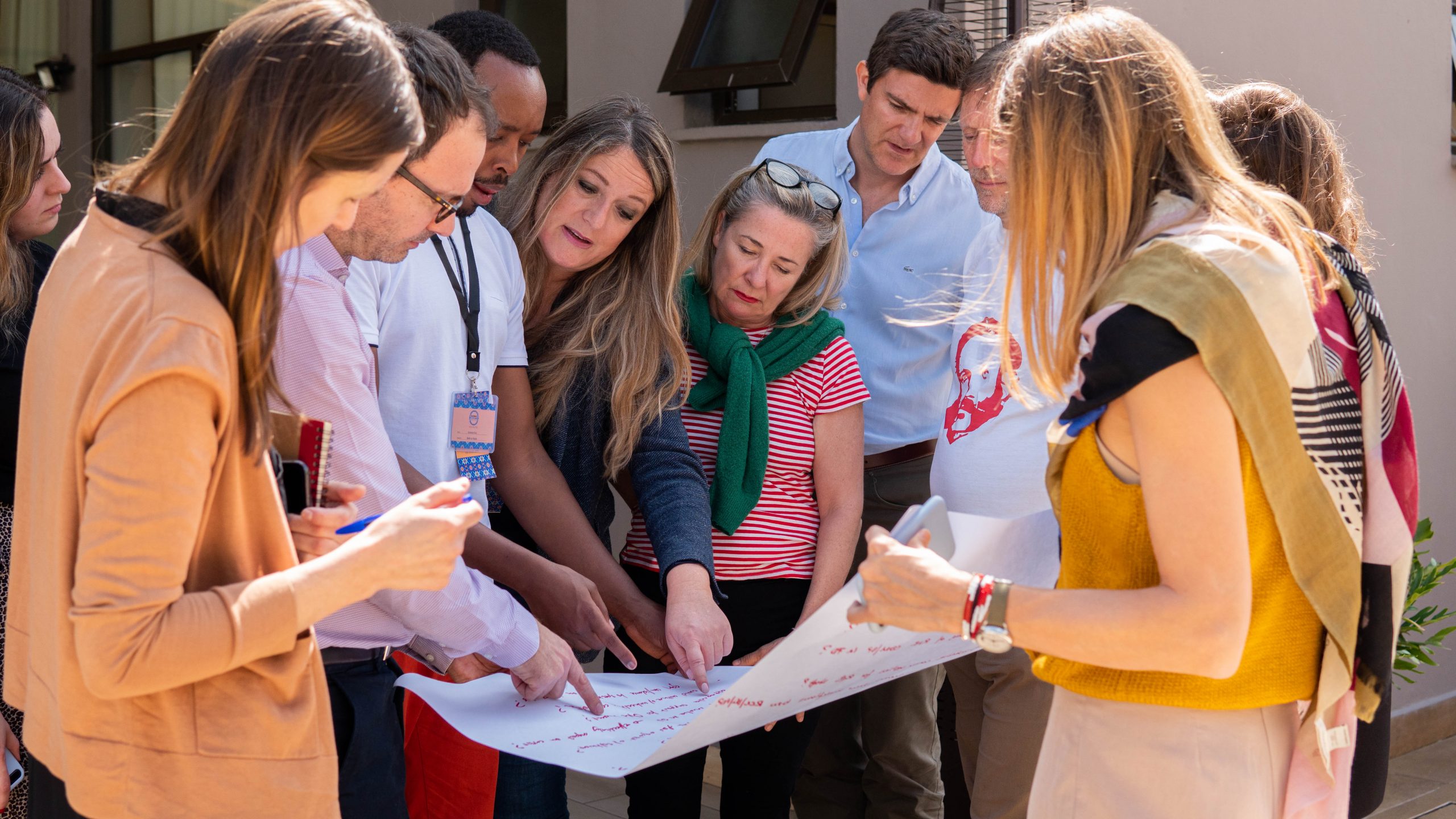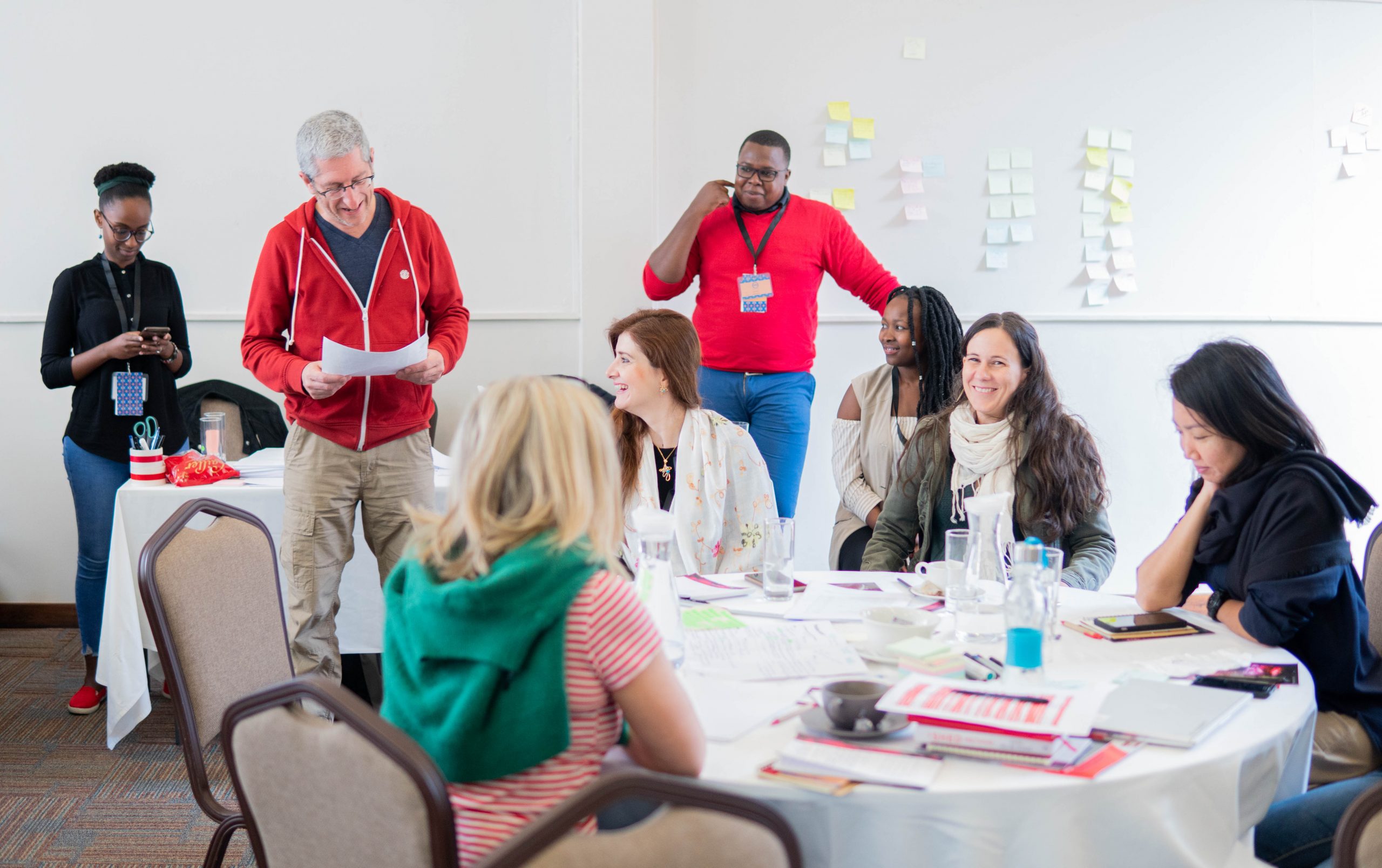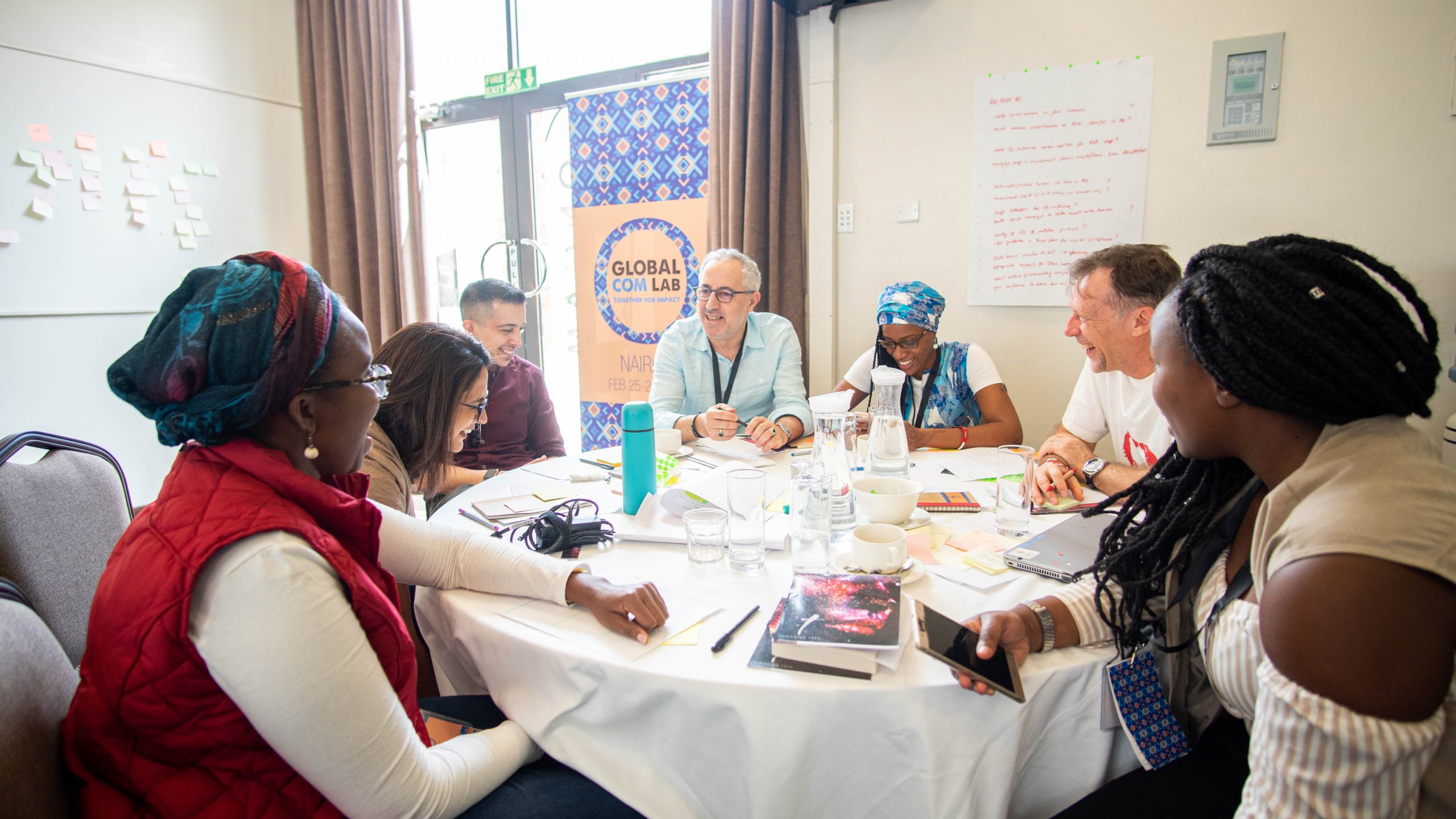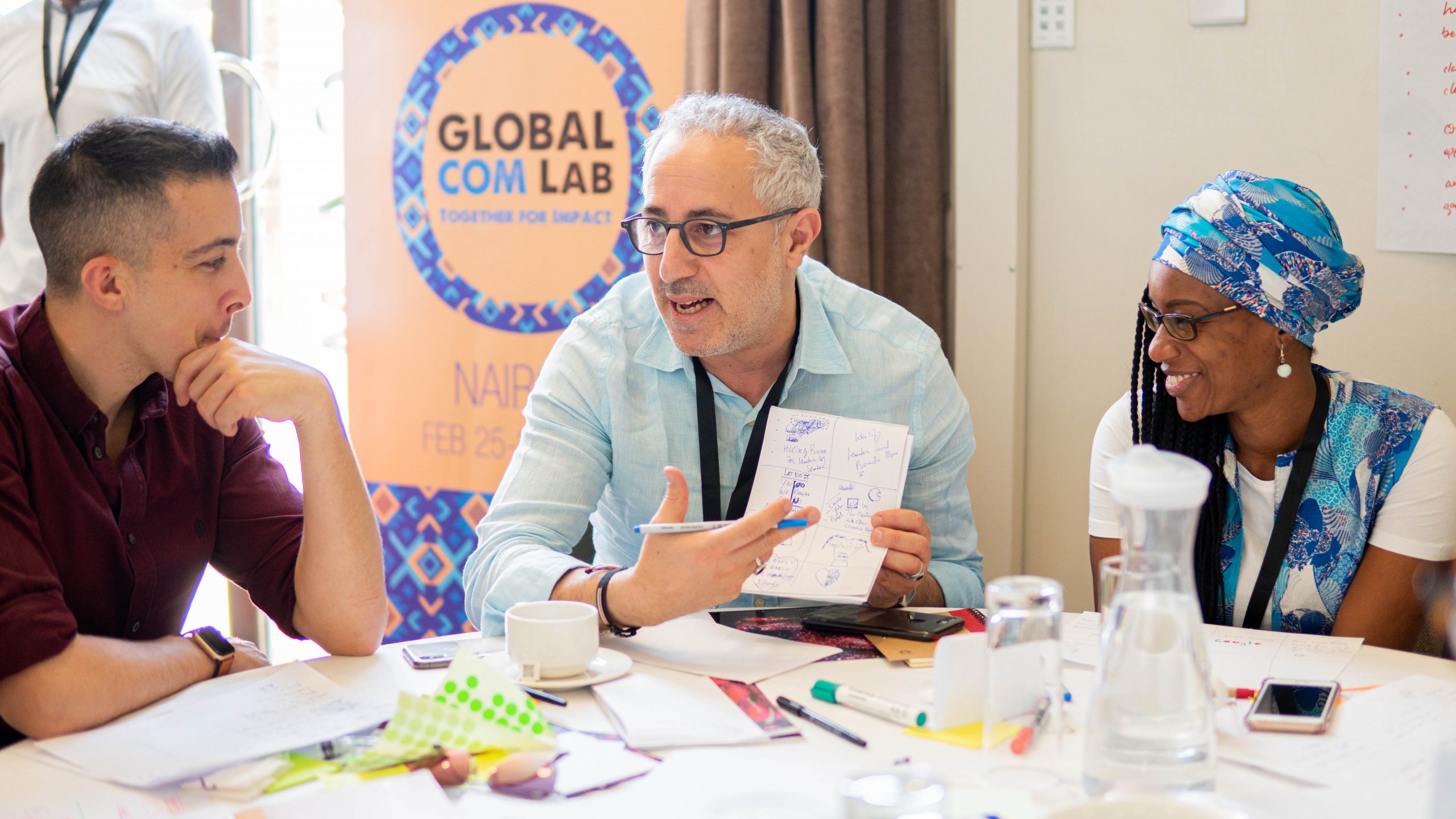The Ask

The International Committee of the Red Cross (ICRC) aims to enhance its communication strategies to effectively reach diverse communities in conflict-affected areas. We seek your expertise in evaluating our current outreach efforts and developing actionable recommendations to improve engagement and information dissemination. Can you assist us in identifying the key areas for improvement and strategies to implement them?
The Observation
Organizations like the ICRC that operate in conflict zones often encounter significant challenges in communicating with local communities. As information needs evolve, ensuring that messages are accessible and culturally relevant becomes crucial. Failure to adapt communication strategies can result in misinformation, reduced trust, and missed opportunities to provide vital assistance to those in need. A strategic focus on user-centered communication can bridge gaps and foster stronger relationships with affected populations.The Process

Methodology
- Calibration:
Participants engaged in discussions using real-world scenarios to identify major challenges and potential innovative solutions. This phase involved exploring common themes, pinpointing differences, and focusing on high-priority areas for further exploration.
- Ideation:
Teams participated in exercises to generate numerous ideas addressing high-priority challenges through lateral thinking and ideation methodologies such as Crazy 8’s and Opposite Thinking. Teams then evaluated, prioritized and documented their most compelling solutions to share with the group.
- Recommendations:
Facilitated discussions were held to extract key takeaways from the solution ideas presented, leading to a list of concrete and prioritized solutions.
Results
The workshop produced several actionable solutions aimed at improving collaboration and efficiency within the ICRC:
- Exchange Programme:
A plan was developed for a half-day switchover for all COMs staff, followed by a pilot exchange program involving HQ teams, RCCs, and delegations to foster better understanding and collaboration.
- Pop-Up Squad:
The formation of fluid project teams to respond to specific requests was proposed to break down silos and build trust among diverse workforce segments.
- Design Sprints:
Design sprints were planned for pilot delegations to align COMs and Ops objectives and adjust the timing of the PFR (Project Financial Reporting) process to reflect these alignments.
The Outcome

The ICRC Global Communications Lab Workshop achieved significant outcomes:
- Enhanced Communication and Alignment: Effective communication and alignment of objectives were identified as crucial for the smooth functioning of the ICRC.
- Improved Collaboration: Innovative approaches like exchange programs and pop-up squads were proposed to significantly enhance collaboration and efficiency.
- Continuous Improvement: The importance of continuous iteration and feedback for refining processes and achieving organizational goals was emphasized.
- Structured Methodologies: Clear action plans and structured methodologies were developed to address identified challenges and opportunities.
The workshop not only identified key areas for improvement but also proposed practical solutions to foster a culture of teamwork and enhance the overall efficiency of the ICRC’s communication processes.
